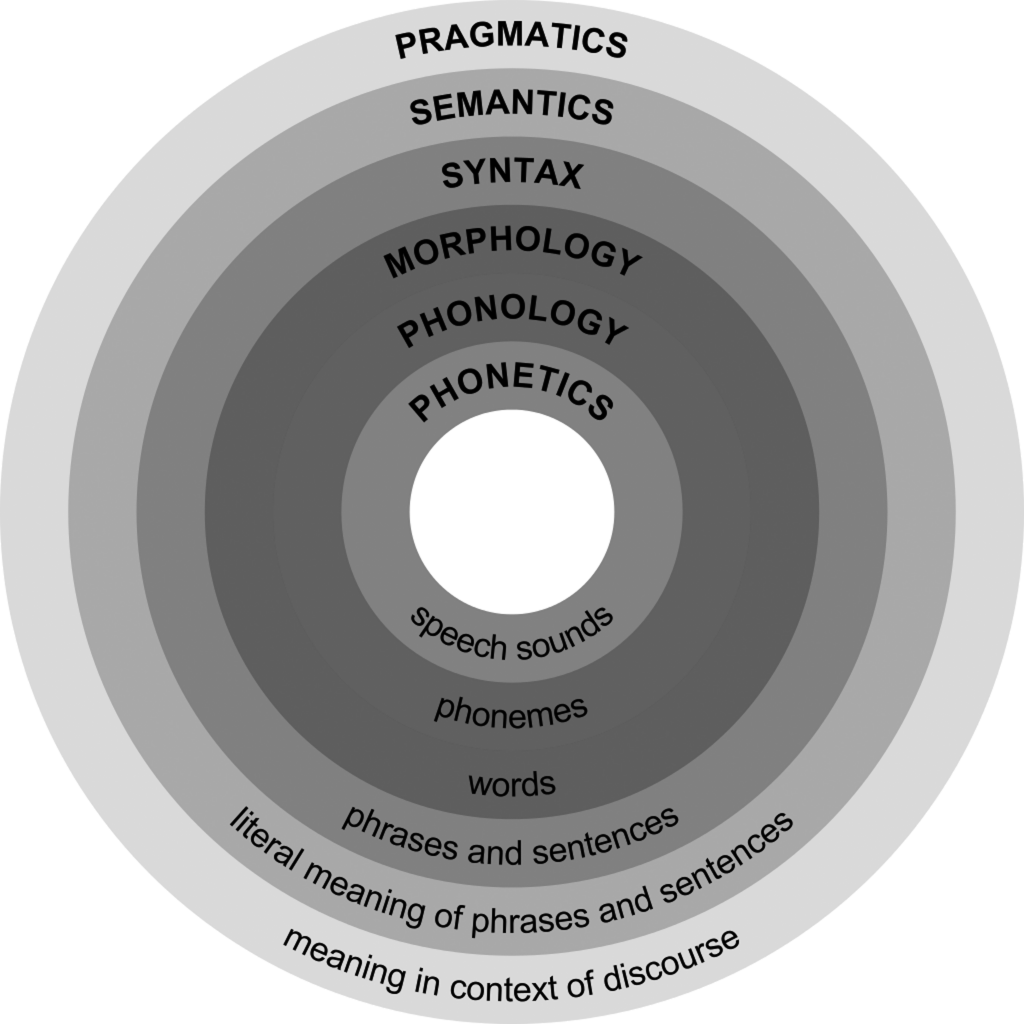It is all too common to use words without giving careful thought to the inherent meaning of these words. Such careless speech strips words of their potency, degrades language and destroys our capacity for rigorous thought, as argued via metaphor in the Homeric poetry of Wittgenstein. Given this understanding of the importance of language, I, being a prescriptivist linguist, felt compelled to make inquiry regarding this supposed “word” in order to delineate its various uses such that I could prescribe conventions to govern its correct usage, of which there is none.
The English Oxford Living Dictionary defines “lolz” in the following way: “plural noun; informal; fun, laughter or amusement.” The dictionary furnishes us with a helpful example of this word in its everyday usage: “‘OMG,’ she scolded, ‘this is no time for lolz.’” Recognizing that just because a dictionary has the word “Oxford” in its title need not mean it is an authoritative guide, I decided to also consult a guide created by and for the average plebeian, namely Urban Dictionary. This dictionary invites contributions in a democratic way, a mode of understanding perhaps more fitted to ‘Murica. Here I found the following definition: “basicly, laughing out loud. the Z is there to indicate lots of laughing (like when somethings is kinda funny and you kinda laugh a bit wait a sec and laugh some more wait a sec and laugh a bit more…).” But even within this dictionary, I noted socioeconomic bias conditioning the understanding of this word: for example, one user defines “lolz” as being both “1) A more literate way of saying lol” and “2) A way for literates in chatrooms to make fun of illiterates.” This user provides this example: “illiterate: lol im kooler than u!! literate: lolz!” Of course, normative patterns of speech do not legitimize the bastardization of language, which means this whole paragraph is irrelevant.
Regarding the usage of this word, “studies show and statistics reveal”* that all educated persons ought to think twice or even thrice before incorporating this word into their vernacular. According to a Wikipedia article I found,** scholars are not laughing out loud at the lolzy antics of slang-speaking youth. Two such scholars, Laccetti and Molski, have written that “unfortunately for these students, their bosses will not be ‘lol’ when they read a report that lacks proper punctuation and grammar [and] has numerous misspellings, various made-up words and silly acronyms.” In support of this assessment, a quick perusal of the database of scholarly articles known as KSTOR furnished a bevy of critiques of “lolz” in such articles as “Lolzing Ourselves To Death” by Natalie Postman and “Is The Z in Lolz Making Us Stupid?” by Nicolai Karr.*** I even found an article by medievalist Dr. William Storm entitled “Why Chaucer Would Never Have Used Lolz.”****
*I straight up lifted this phrase directly from Dr. Butynskyi who uses it ironically in his lectures.
**This article cited a source for the quote: I deemed it too much work to reproduce that here. It’s not like I’m getting graded on this.
***No such database exists, and I invented these articles. JSTOR is an academic database with a lot of great scholarly articles, and we students have access to it paid for via Eastern University.
****To my knowledge, Dr. Storm has written no such paper, though I would certainly read it if he ever did.
Sources: English Oxford Dictionary, Urban Dictionary, Wikipedia
*****Please note: all Eastern Radish articles are satirical.

